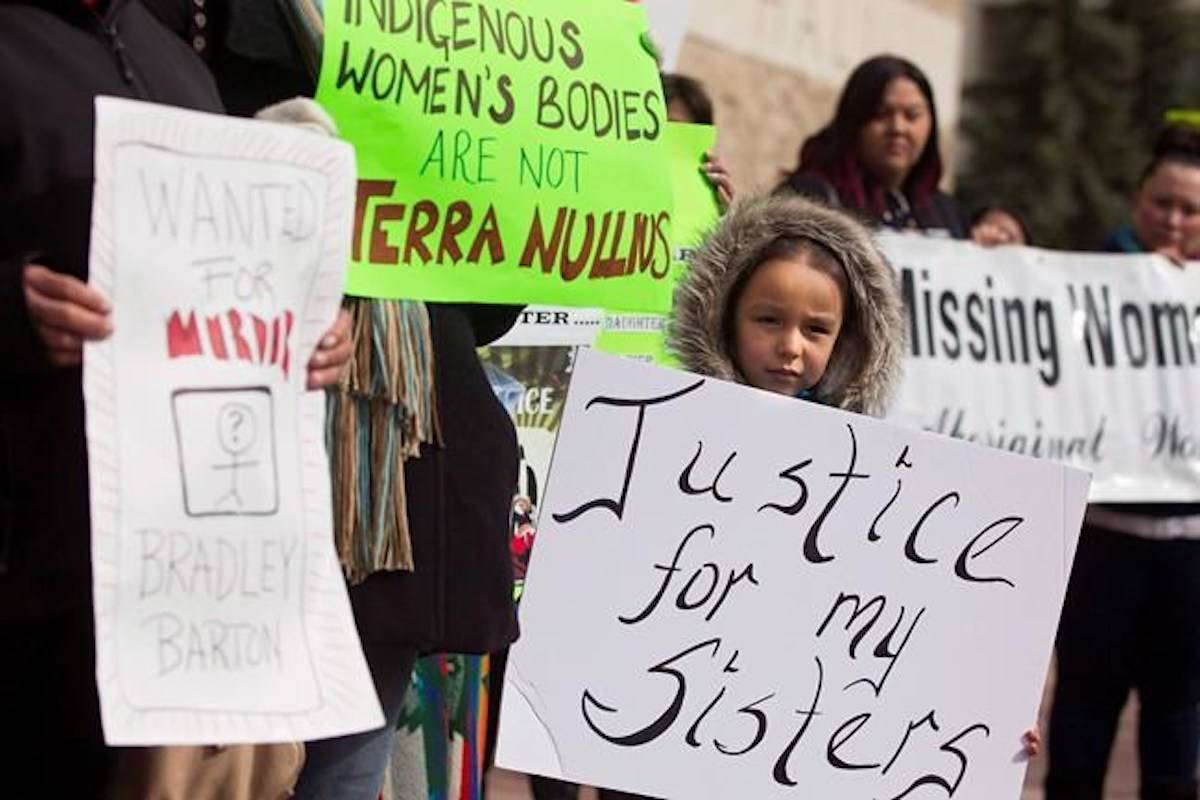The Supreme Court of Canada has agreed to hear an appeal in the case of an Ontario trucker who was acquitted in the death of an Indigenous woman in an Edmonton motel room.
In March 2015, Bradley Barton was found not guilty by a jury in the death of Cindy Gladue, a sex-trade worker whose body was found in a bathtub.
Gladue bled to death after a night of what Barton called consensual rough sex.
RELATED: Police watchdog launches probe into RMCP investigation of Colten Boushie’s death
Barton, who called the fatal injury accidental, was acquitted of both murder and manslaughter.
The Alberta Court of Appeal ordered a new trial, ruling serious errors were made during the trial and in the judge’s charge to the jury about Barton’s conduct and the sexual assault law as it pertains to consent.
That decision — the one that will now be appealed before the high court — said the errors negatively compromised the jury’s ability to properly assess the evidence and apply the law correctly.
“Despite our society’s recognition of individual autonomy and equality, there still remains an undeniable need for judges to ensure that the criminal law is not tainted by pernicious and unfair assumptions, whether about women, Aboriginal people, or sex-trade workers,” said the written ruling from three judges, including Chief Justice Catherine Fraser.
“Failing to meet that need can undermine the jurors’ ability to apply the law objectively and correctly. Regrettably, in this case, the jury charge was deficient in all these respects.”
Barton’s trial heard that he hired Gladue for two nights of sex in June 2011. He testified that during both nights he put his fist in her vagina, but on the second night she started bleeding.
RELATED: Indigenous leaders call for change after ‘system fails’ Tina Fontaine
Barton said when he woke up the next morning he found her dead in the motel room bathtub and called 911.
A medical examiner testified that an 11-centimetre cut in Gladue’s vaginal wall was caused by a sharp object.
The controversial acquittal sparked an outcry and demonstrations in several cities.
As usual in rulings on leaves to appeal, the Supreme Court gave no reasons for deciding to hear the case.
The Canadian Press



